
According to Brandon Brown, the co-founder and CEO of Fairside Network, self-custody crypto wallets generally lack inbuilt insurance coverage to protect against theft or loss. Brown attributes this to the challenges encountered when assessing digital asset risks as well as “the absence of historical loss data, and evolving threats.”
Insurance Coverage for Assets Held in Self-Custody Wallets
The Fairside Network CEO told Bitcoin.com News that it is still possible to provide insurance coverage for not one but several assets held in a self-custody wallet. When asked about users’ preference for privacy and anonymity which may go against the requirements of a typical risk mitigation product, the CEO suggested limiting the number of times users are required to submit to know-your-customer (KYC) procedures as an option insurance providers can use to overcome this challenge.
Brown also acknowledged the shortcomings and flaws in most crypto insurance offerings. He nevertheless argued that by “drawing from the proven effectiveness of traditional insurance models” crypto insurers can still come up with better offerings.
Below are Brown’s written answers to questions sent to him via Telegram.
Bitcoin.com News (BCN): What does the self-custody of tokens, NFTs, and real-world assets (RWAs) mean and why personal wallet theft protection is vital for self-custody assets?
Brandon Brown (BB): Self-custody of digital assets like tokens, NFTs, and real-world assets means individuals or entities hold their own private keys, giving them full control over their assets. This is where a crypto insurance alternative for theft of self-custodial assets becomes crucial. Unlike traditional banking systems, blockchain transactions are irreversible. If a cybercriminal gains access to your private keys and transfers your tokens, or you accidentally click on a phishing scam link and suffer an NFT theft, recovery is nearly impossible without the perpetrator’s cooperation. This is why Fairside offers comprehensive personal wallet theft protection for self-custody, providing a much-needed layer of consumer protection for self-custody assets – which already exists in most traditional markets.
BCN: In the crypto space, users who self-custody their assets do often fall victim to social engineering, phishing, and other scams. Despite this most self-custodial wallets seem not to have built-in insurance coverage for users’ assets in the event of a loss. In your opinion, what could be the reason for this and what do you see as some of the challenges to bringing personal wallet protection to Web3 wallets and assets?
BB: The lack of built-in insurance for self-custodial wallets stems from the challenges of assessing digital asset risks, the absence of historical loss data, and evolving threats. Misaligned incentives in some protocols also lead to unfair outcomes for consumers. At Fairside, we’ve addressed these issues by developing advanced risk assessment techniques and focusing on isolated risk, targeting personal wallets over smart contract risk. This approach allows us to spread risk across various wallets and asset types. Our unique model allows us to better align our incentives with our community, ensuring that we’re all working towards the same goal: a safer and more secure digital asset ecosystem, and the risk mitigation strategies that afford us the ability to offer real payouts to those who suffer losses.
BCN: Most of the existing crypto-insurance offerings are reportedly plagued with capital inefficiency, instability, and unreasonable premiums that discourage users from insuring their investments. How does an entity like yours propose to make crypto asset insurance coverage more convenient and affordable for the masses?
BB: The assessment of current crypto insurance products is mostly accurate.
At Fairside, we’ve taken a different approach. Drawing from the proven effectiveness of traditional insurance models, we’ve brought these principles on-chain to create a more efficient and stable system. In doing so we can offer greater coverage at affordable premiums, unlike current options. Our process is streamlined and user-friendly, making it easy to secure protection for self-custodial assets. In essence, Fairside is bridging the gap between traditional insurance and the crypto world, providing a reliable and affordable crypto insurance alternative for theft.
BCN: Users may have their tokens, NFTs, and RWAs spread across multiple blockchains. Is it possible to have an insurance product that ensures the protection of assets across chains?
BB: Yes, it’s absolutely possible to have an insurance product that ensures cross-chain protection of assets. At Fairside, we’re developing solutions that can protect assets across multiple blockchains. We understand that users may have a diverse portfolio of tokens, NFTs, and RWAs spread across various blockchains. That’s why we’ve designed our coverage to be comprehensive and inclusive, providing protection for all assets in a user’s wallet, regardless of the type of token or the blockchain it resides on. Whether it’s an NFT, altcoin, ETH/BTC/ADA, if it’s in your wallet, it’s covered by Fairside. We believe in providing a one-stop solution for digital asset protection, without the need for users to individually approve each asset for coverage. This approach sets us apart in the crypto insurance space, making asset protection more convenient and user-friendly.
BCN: Typically, a risk mitigation product requires users to give up their know-your-customer (KYC) details, which may not go down well with users who prioritize privacy and anonymity. Is it possible to respect users’ privacy and anonymity while offering personal wallet protection?
BB: At Fairside, we deeply respect the privacy and anonymity of our users. We’ve harnessed the power of blockchain technology to create a permissionless sign-up process. The only time we request KYC details is when a user files a claim. This is a necessary step to verify the legitimacy of the claim and to protect all our users from potential fraud. However, we strictly limit data collection during this process and employ advanced encryption techniques to safeguard your information. Any collected data is shared solely with our trusted, industry-leading security partners and is used exclusively for claim processing. Upholding the highest standards of privacy and data security is a cornerstone of our operations at Fairside, and we have robust measures in place to protect your personal information.
BCN: Multiple independent surveys have suggested that institutional investors are more interested than ever before to explore opportunities in defi and Web3. Decentralized insurance could strengthen their confidence in defi. However, smaller investors or individual traders might not be as inclined to protect their assets as their institutional counterparts. They may see their investment amounts as too insignificant to warrant their protection. What would be your advice to such investors?
BB: The reality is, if you’re holding crypto, there’s a non-zero chance that it can get stolen. Countless users have their assets stolen every year, and it’s easier than ever for this to happen – it’s the nature of the decentralized aspects of blockchain. It seems like every day, another crypto influencer – who has an extreme amount of technical knowledge of the space – sends out the tweet, admitting “It finally happened to me: my wallet was drained.” At Fairside, we understand this risk, and that’s why we’ve structured our coverage to be accessible to all. Our coverage doesn’t require a minimum or include a flat fee, but rather, it’s 1.95% of the total amount you want covered. This means it scales with the size of your wallet, making it affordable regardless of how much you’re holding. The phrase ‘only put in what you can afford to lose’ is often heard in the crypto space, but the real impact of a wallet drain isn’t felt until it’s too late. With Fairside, you can protect your investments, no matter how big or small they may be.
What are your thoughts on this interview? Let us know what you think in the comments section below.

You can get bonuses upto $100 FREE BONUS when you:
💰 Install these recommended apps:
💲 SocialGood - 100% Crypto Back on Everyday Shopping
💲 xPortal - The DeFi For The Next Billion
💲 CryptoTab Browser - Lightweight, fast, and ready to mine!
💰 Register on these recommended exchanges:
🟡 Binance🟡 Bitfinex🟡 Bitmart🟡 Bittrex🟡 Bitget
🟡 CoinEx🟡 Crypto.com🟡 Gate.io🟡 Huobi🟡 Kucoin.
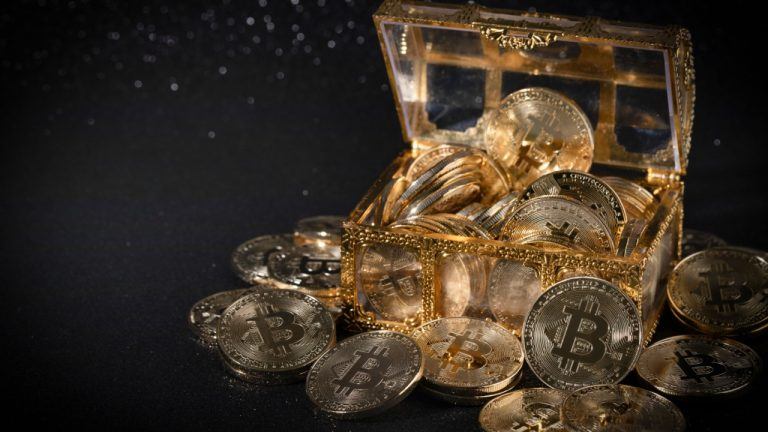

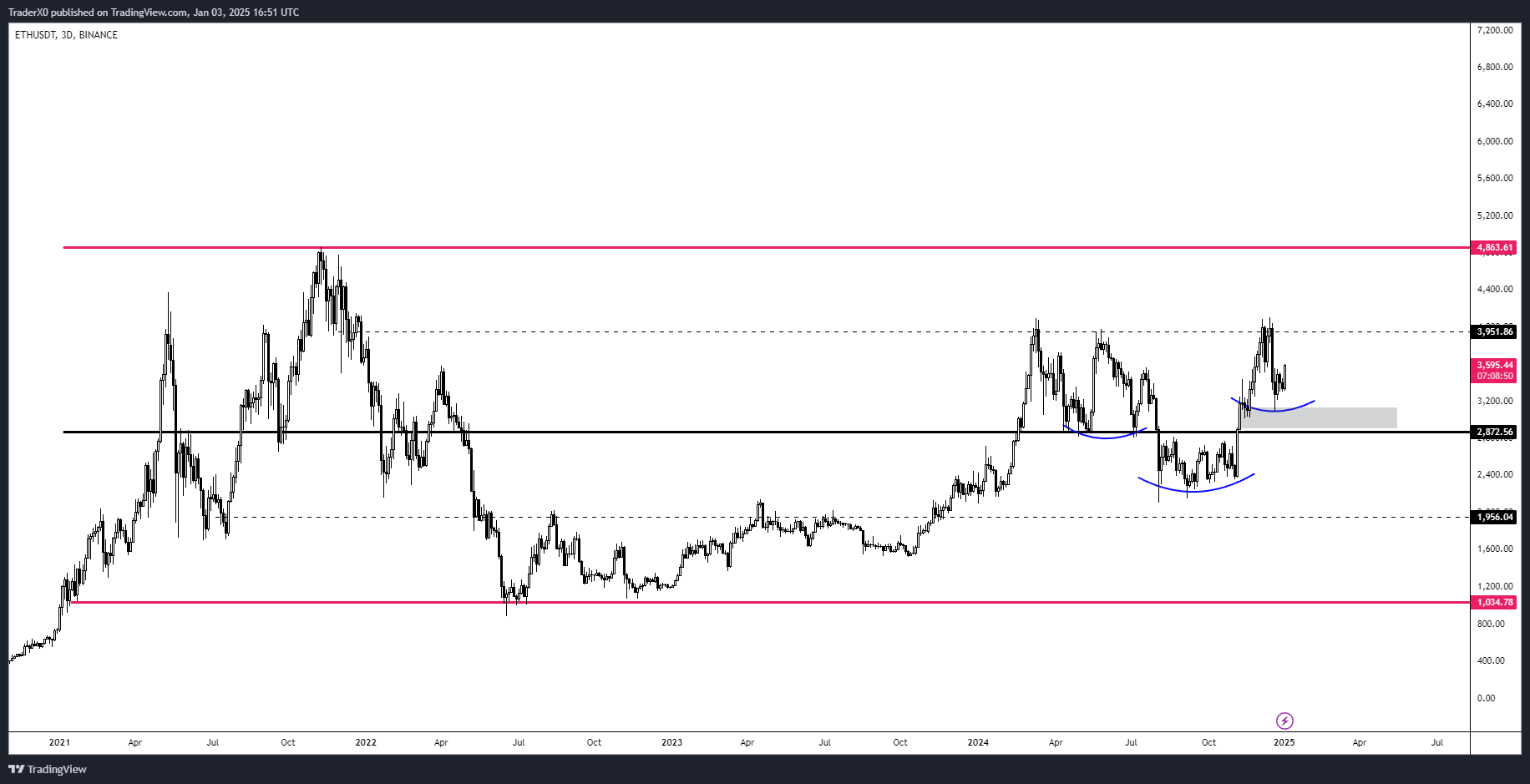


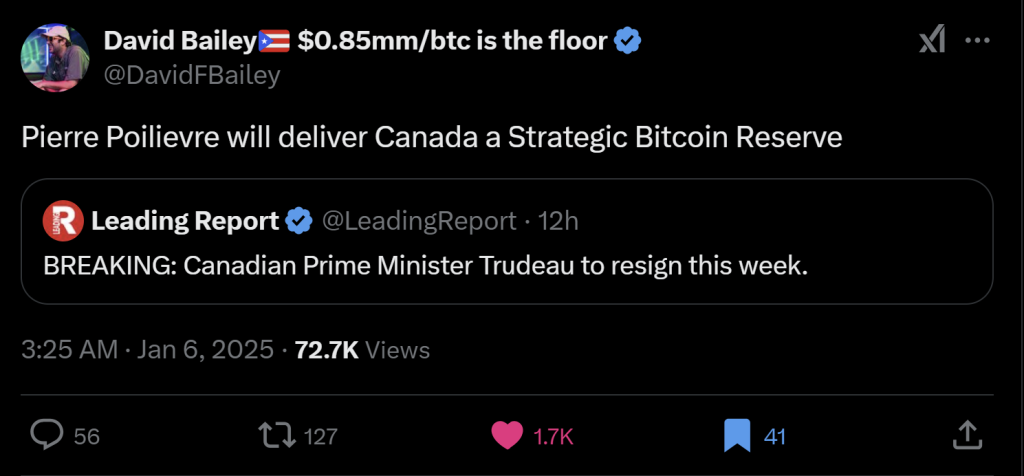





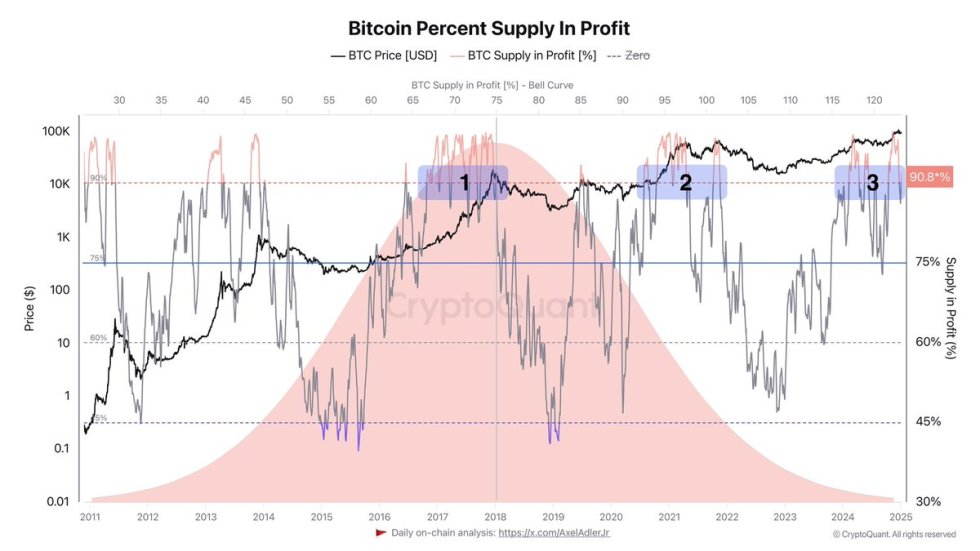
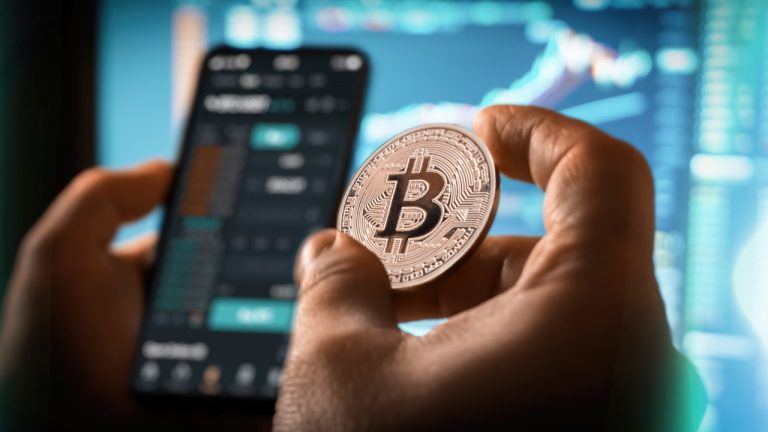



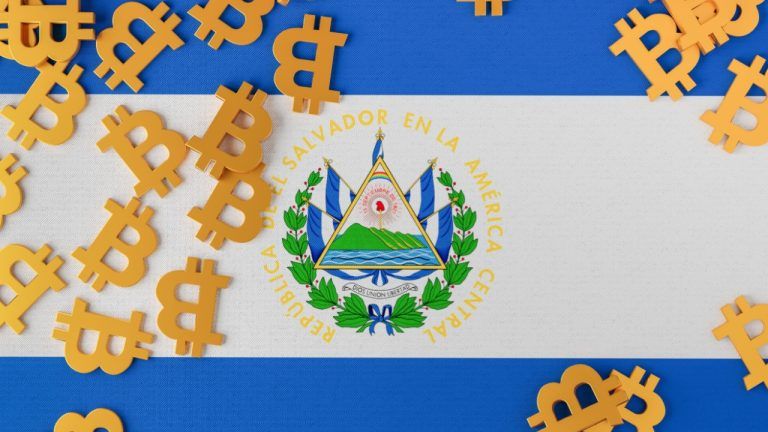



Comments